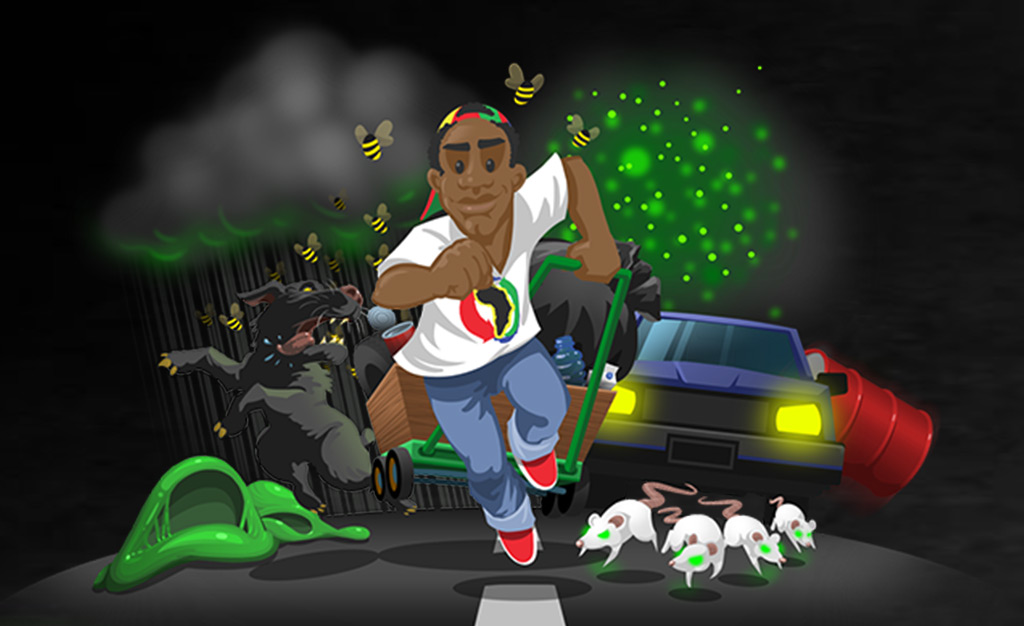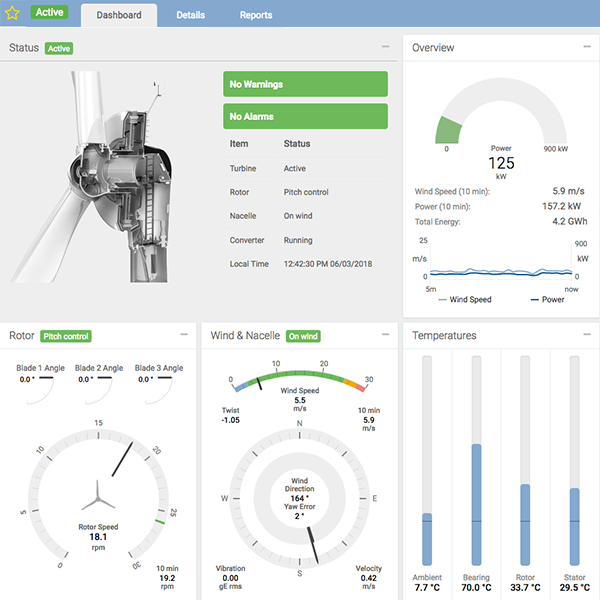Every team contains members with different ways of looking at the world. Some are far-viewers with expansive outlooks, others focus on the details.
I've found that things can go pear-shaped if you give the wrong sort of task to the wrong sort of viewer-type.
 If I'm given a task that requires me to look at the big picture, or forecast into the future, I start to get the panic-sweats. I'm not in my element. I am, pretty much, stumbling blind. But ask me to look into something that requires studying minutiae, and I'm on steadier ground.
If I'm given a task that requires me to look at the big picture, or forecast into the future, I start to get the panic-sweats. I'm not in my element. I am, pretty much, stumbling blind. But ask me to look into something that requires studying minutiae, and I'm on steadier ground.
This is probably why I'm best utilised as a writer, copy editor and quality checker, good for managing content but lousy at managing people.
 Recently, I was given a problem to solve, and I thought I'd solved it, but when I presented my solution to one of nature's 'big-picture' viewers, he picked it apart, showed me all the things I'd missed, and there I was, thinking I'd done a pretty decent job.
Recently, I was given a problem to solve, and I thought I'd solved it, but when I presented my solution to one of nature's 'big-picture' viewers, he picked it apart, showed me all the things I'd missed, and there I was, thinking I'd done a pretty decent job.
I solved a small, detailed little problem, where he'd been expecting me to fix a massive, expansive one. I'd had no idea. Why? Because I just don't think like that. It was quite a realisation.
But the fact of the matter is, I am not lesser because I see things that way, I'm just better suited to different tasks.
So, perhaps, if someone in the team seems to be struggling, it might be a good idea to look at whether they're the right sort of 'viewer' for the job at hand?
Getting a handle on how people see things could be the next big step in solving your KPI and work-force issues. It takes all sorts to create a team.













